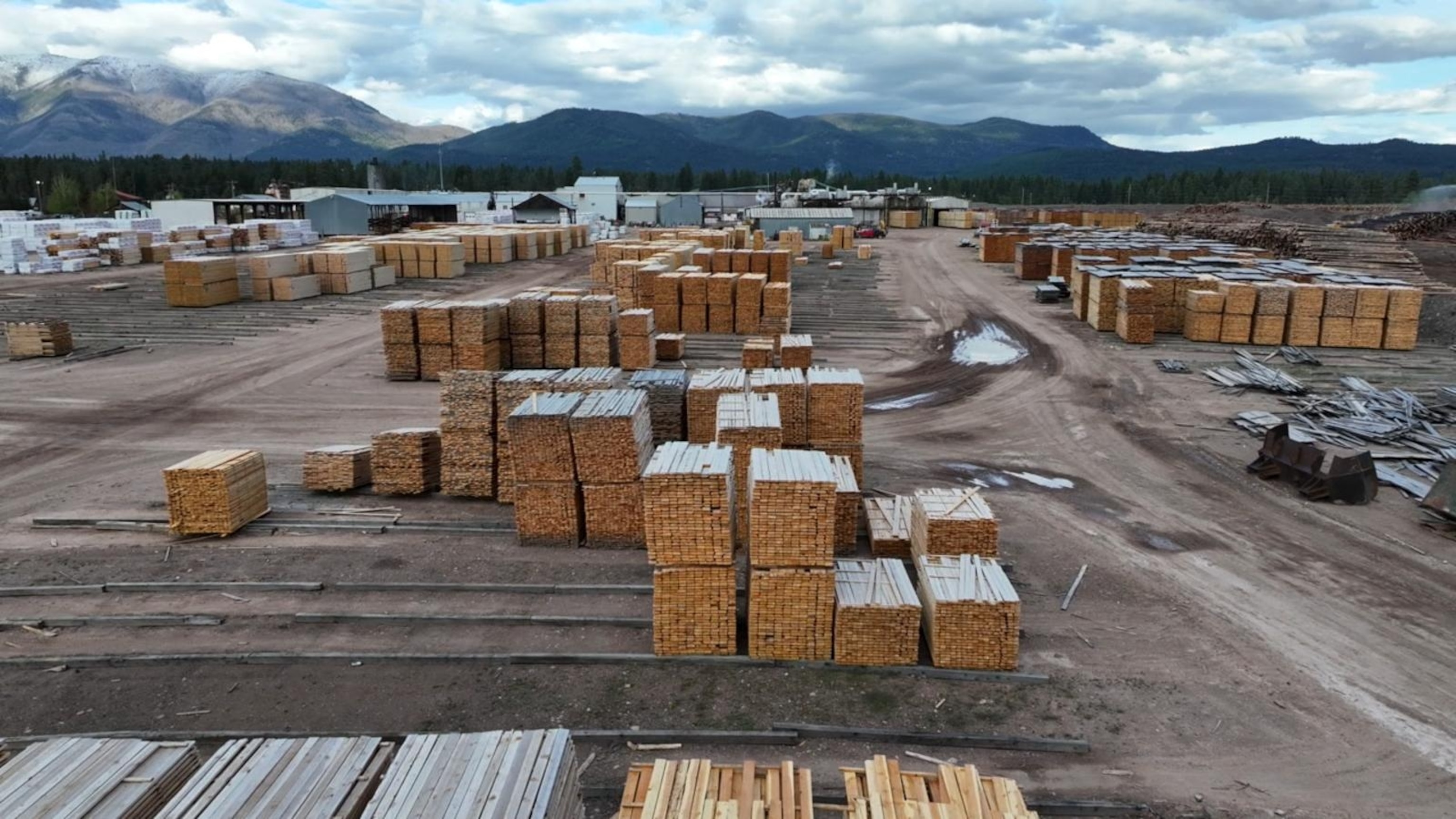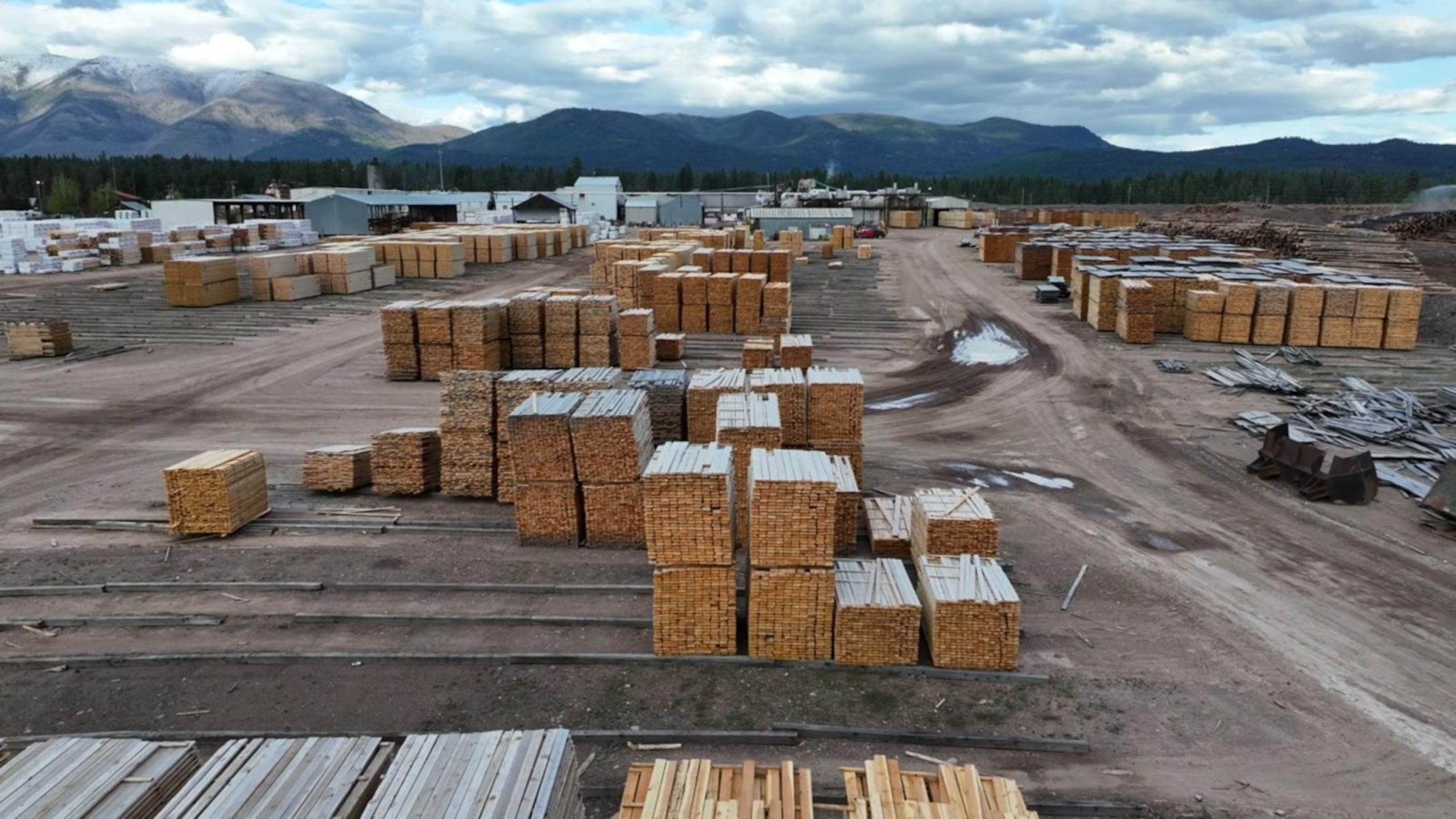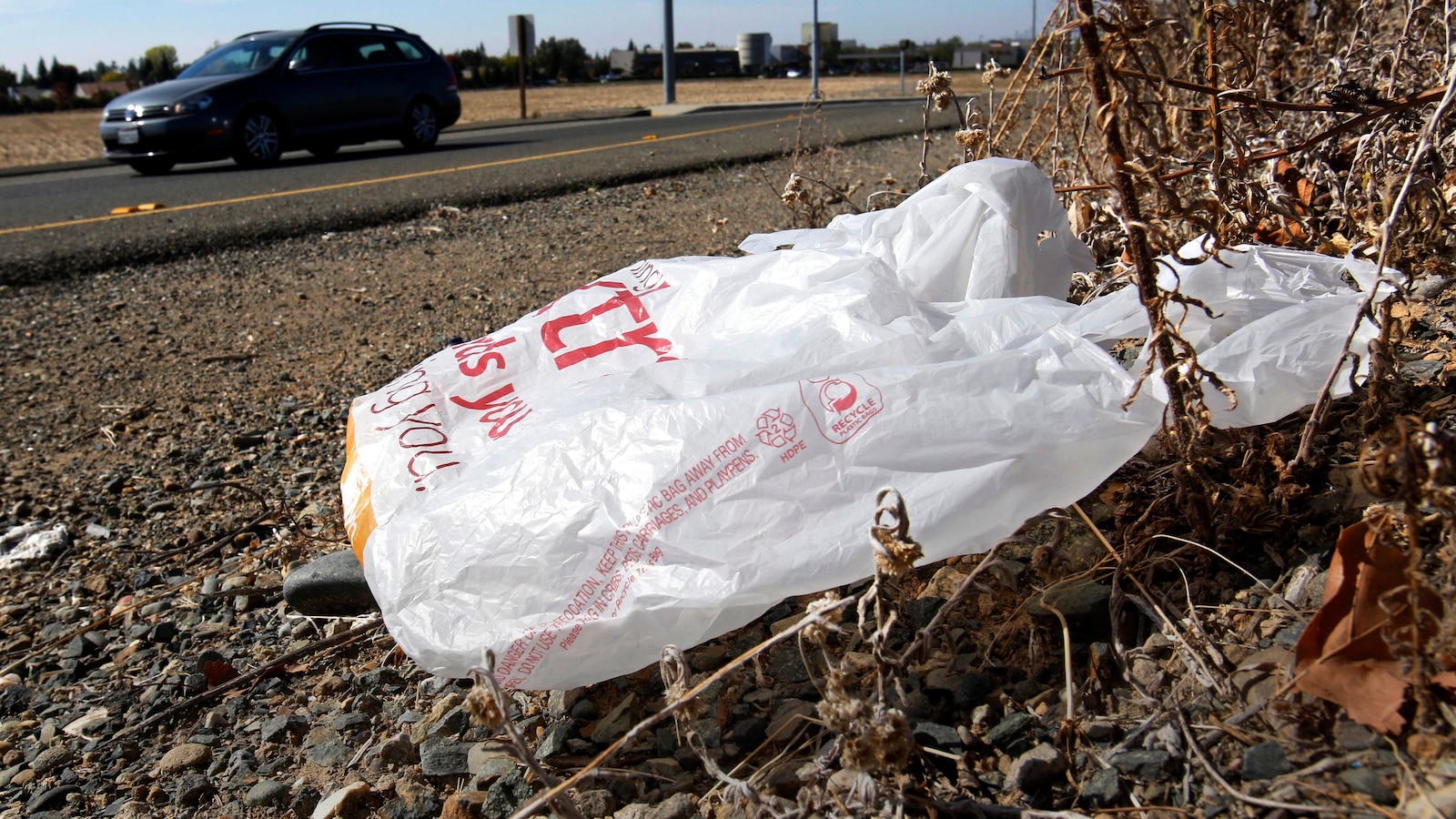A slice of paradise in Montana is suffering economic disruption, but it isn’t a result of any political battles or environmental change. Instead, Seeley Lake’s problem lies in its lack of a centralized sewer system.
The Missoula County community’s reluctance to come up with a plan to replace its septic system means no affordable housing can be built for working people. While high-end septic systems can service multi-family dwellings, local officials explain that they’re not cost effective for the type of housing developers would seek to build in the area. The solution? Only a sewer system will do.
That lack of accommodation means Seeley Lake’s biggest employer — Pyramid Mountain Lumber — can’t attract enough workers to continue, and is closing the family-owned business which has been operating for 75 years.
“To make the announcement to the crew was probably the toughest thing; I’ve got friends, family, you know, generations, good friends that work here. I had to tell them we’re going to shut the doors,” Todd Johnson, a third-generation lumber mill worker whose grandfather started the mill in 1948, told ABC News.
“I’ve never drawn a paycheck from any other business in my whole life. I started here in sixth grade,” Johnson said. “This is all I’ve ever known.” Johnson has since worked his way up to become general manager.

VIDEO: Montana town in crosshairs of changing economy
ABCNews.com
Missoula County was once home to multiple sawmills and a thriving lumber industry. Pyramid Mountain Lumber is the last one, so its shuttering will mark the industry’s end in the area.
“There hasn’t been an apartment, duplex or fourplex built in this town in over 30 years,” Johnson said. “When you’re talking about entry-level housing for more blue collar workers…it’s not available.”
Pyramid isn’t the only local business affected by the worker shortage. Rovero’s Hardware is “running on a skeleton crew” as its busiest season approaches, general manager Kyle Marx noted.
“No affordable housing here,” he said. “Rentals have diminished since COVID hit, and everybody came up here, bought every rental darn near that was available and turned them into vacation rentals or moved up here themselves.”
Dee Baker, who owns antique store Grizzly Claw Trading Company, said it’s a long-term issue.
“There could be low-income housing built, but the people in the town cannot come to an agreement [for a sewer system] with Missoula County,” Baker said. “And it’s been going on for years and years.”
The situation was borne from local reluctance to pay for a centralized sewer system that would allow Seeley Lake to expand, and a fear that such a major infrastructure change would alter the community’s character, according to Missoula Board of County Commissioners chair Dave Strohmaier.
“The irony is that the lack of the infrastructure is … a big reason why Pyramid Mountain Lumber cannot find the housing for their employees and the employees to keep it going, and hence change is upon us,” Strohmaier said.
Johnson offered a glimpse of how much the town would lose once the lumber business closed.
“Our payroll just here to our employees is over $6 million a year,” he said. “You take that out of this economy, it’ll change the fabric of the town. There’s no doubt.”
In recent years, the lack of affordable housing in small towns across Montana has become a pressing issue that is not only affecting residents but also leading to economic decline in these communities. With rising housing costs and limited availability of affordable options, many residents are struggling to find suitable living arrangements, which in turn is impacting the overall economic health of these towns.
One of the main reasons for the lack of affordable housing in Montana towns is the influx of out-of-state buyers and investors who are driving up property prices. As more people from urban areas seek out vacation homes or investment properties in Montana, local residents are finding it increasingly difficult to afford to live in their own communities. This has led to a shortage of affordable rental units and an increase in homelessness among low-income individuals and families.
The lack of affordable housing is not only a social issue but also an economic one. When residents are forced to spend a large portion of their income on housing, they have less money to spend on other goods and services, which can have a ripple effect on the local economy. Small businesses may struggle to attract and retain employees if they cannot afford to live in the area, leading to a decrease in consumer spending and ultimately a decline in economic growth.
Furthermore, the lack of affordable housing can also deter new businesses from setting up shop in these towns. Without a stable workforce and a strong consumer base, businesses may be hesitant to invest in a community where the cost of living is high and the availability of affordable housing is limited. This can lead to a stagnation of economic development and a loss of potential job opportunities for residents.
In order to address the issue of affordable housing and prevent further economic decline in Montana towns, local governments and community organizations must work together to develop solutions that will increase the availability of affordable housing options. This may include implementing rent control measures, providing subsidies for low-income residents, and incentivizing developers to build more affordable housing units.
Additionally, efforts should be made to preserve existing affordable housing stock and prevent the displacement of long-time residents due to rising property values. By taking proactive steps to address the lack of affordable housing, Montana towns can ensure a more sustainable and vibrant economy for years to come.



